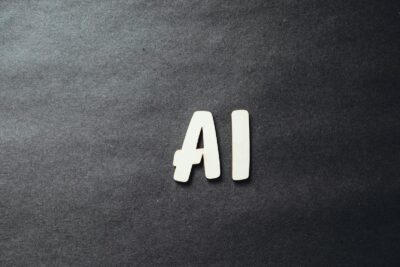Introduction to Machine Learning in Public Health
Machine learning algorithms have emerged as powerful tools in the realm of public health, revolutionizing the way organizations plan, implement, and evaluate their campaigns. In Saudi Arabia and the UAE, where the promotion of public health is a top priority, leveraging machine learning can significantly enhance the effectiveness of health initiatives. By analyzing vast amounts of data, including demographic information, health behaviors, and social media interactions, machine learning algorithms can provide valuable insights into the target audience, allowing for more targeted and tailored interventions. From disease prevention to health promotion, machine learning is reshaping the landscape of public health campaigns, enabling organizations to reach their goals more efficiently and effectively.
Targeted Interventions and Personalized Messaging
One of the key advantages of using machine learning in public health campaigns is the ability to deliver targeted interventions and personalized messaging to specific population groups. By segmenting the target audience based on demographic, geographic, and behavioral factors, organizations can tailor their messages to resonate with different segments of the population. For example, machine learning algorithms can identify high-risk individuals who are more likely to engage in unhealthy behaviors or are at greater risk of certain diseases. By delivering personalized messages and interventions to these individuals, organizations can effectively promote behavior change and encourage healthier lifestyles. This targeted approach not only increases the impact of public health campaigns but also maximizes the use of resources by focusing efforts where they are most needed.
Optimizing Resource Allocation and Campaign Planning
In addition to delivering targeted interventions, machine learning can also help optimize resource allocation and campaign planning in public health initiatives. By analyzing data on past campaign outcomes, as well as external factors such as weather patterns, social trends, and economic indicators, machine learning algorithms can predict the effectiveness of different strategies and interventions. This predictive analytics approach enables organizations to allocate resources more efficiently, ensuring that limited resources are directed towards interventions with the highest likelihood of success. Furthermore, machine learning can help identify gaps in current campaigns and suggest new approaches or areas for improvement. By leveraging machine learning to optimize resource allocation and campaign planning, organizations can maximize the impact of their public health initiatives and achieve better health outcomes for their communities.
Empowering Healthcare Professionals
Machine learning algorithms not only benefit public health campaigns but also empower healthcare professionals in their daily practice. In Saudi Arabia and the UAE, where healthcare systems are constantly evolving to meet the needs of growing populations, the integration of machine learning technologies can enhance diagnostic accuracy, treatment planning, and patient care. For instance, machine learning algorithms can analyze medical imaging data to assist radiologists and pathologists in detecting and diagnosing diseases with greater accuracy and efficiency. Moreover, by analyzing electronic health records and patient data, machine learning can help healthcare providers identify patterns and trends that may indicate potential health risks or opportunities for intervention. This enables healthcare professionals to deliver more personalized and proactive care to their patients, ultimately improving health outcomes and patient satisfaction.
In addition to improving the effectiveness of public health campaigns and empowering healthcare professionals, machine learning algorithms also play a crucial role in optimizing resource allocation and healthcare delivery. By analyzing vast amounts of data related to patient demographics, disease prevalence, and healthcare utilization patterns, these algorithms can help policymakers and healthcare administrators make informed decisions about resource allocation, staffing, and infrastructure development. This is particularly relevant in rapidly growing cities like Riyadh and Dubai, where the demand for healthcare services is increasing. With the insights provided by machine learning, healthcare organizations can allocate resources more efficiently, streamline workflows, and ensure that all individuals have access to high-quality care when they need it most.
#MachineLearning #PublicHealth #Healthcare #AI #SaudiArabia #UAE #HealthTech #DataAnalytics #HealthcareInnovation #HealthCampaigns























